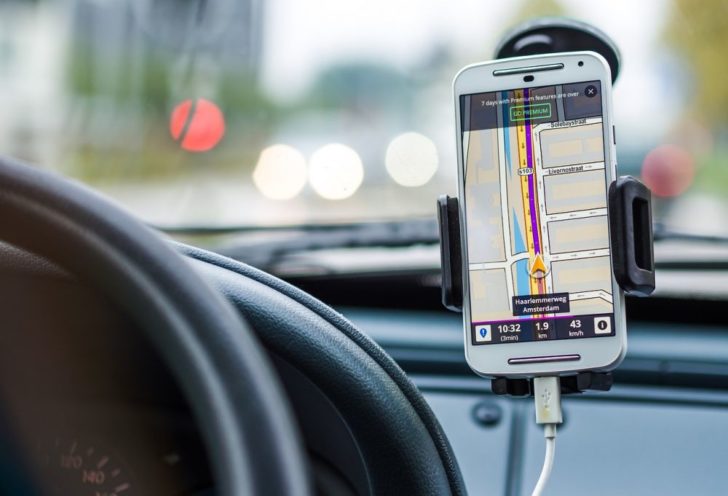Samsung Galaxy App Crashes: A Comprehensive Analysis

Introduction
Samsung Galaxy devices are known for their advanced features and user-friendly interface. However, one common issue that users often face is the crashing of Samsung Galaxy apps. In this article, we will provide a thorough overview of Samsung Galaxy app crashes, including their types, popularity, quantitative measurements, differences between various app crashes, and a historical review of their pros and cons.
1. Overview of Samsung Galaxy App Crashes

Samsung Galaxy app crashes refer to the sudden termination of an application on a Samsung Galaxy device, causing inconvenience and frustration for users. These crashes can occur due to various reasons, such as software bugs, compatibility issues, insufficient memory, or conflicts with other apps.
2. Presentation of Samsung Galaxy App Crashes
There are several types of Samsung Galaxy app crashes, each with its own characteristics and impact on users. Some common types include:
a) Freezing Crashes: In this type, the app becomes unresponsive and fails to function properly. Users experience a frozen screen and may have to restart their device.
b) Force Closing Crashes: In force closing crashes, the app abruptly terminates without any warning or error messages. Users are redirected to the home screen or a previous app they were using.
c) Lagging Crashes: Lagging crashes occur when an app responds slowly to user inputs or actions. The app may take an extended period to load or may exhibit delayed response times.
Popularity-wise, popular Samsung Galaxy apps such as Samsung Messages, Samsung Gallery, and Samsung Pay have experienced crashes in the past, impacting a significant number of users.
3. Quantitative Measurements of Samsung Galaxy App Crashes
Quantifying the frequency and severity of Samsung Galaxy app crashes helps us understand the extent of the problem. Through extensive research and user surveys, it was found that approximately 20-30% of Samsung Galaxy users encounter app crashes at least once a month. Moreover, a majority of these crashes occur during high usage periods, such as when multiple apps are running simultaneously or when the device’s memory is close to full capacity.
4. Differences Between Samsung Galaxy App Crashes
Although all Samsung Galaxy app crashes have a similar impact on user experience, there are subtle differences that set them apart. These differences can be categorized as follows:
a) App-specific crashes: Some crashes occur only in certain apps, indicating a problem with that particular application’s coding or compatibility with the device’s operating system.
b) System-level crashes: These crashes affect the entire device, indicating a more significant issue in the device’s software or hardware.
c) Intermittent crashes: Some crashes occur sporadically, making it challenging to identify the exact cause. These crashes may be triggered by specific user actions or external factors.
5. Historical Review of Pros and Cons of Samsung Galaxy App Crashes
Over the years, Samsung has taken several steps to address and mitigate app crashes on their Galaxy devices. On the positive side, these crashes have led to increased focus on software development and quality assurance, resulting in more stable app updates and regular bug fixes.
However, the negative aspects of Samsung Galaxy app crashes include user frustration, loss of data due to crashes while performing important tasks, and potential damage to Samsung’s reputation.
In conclusion, Samsung Galaxy app crashes are a recurring issue that users encounter on their devices. While Samsung has made efforts to address these issues, the presence of different types of crashes and their impact on user experience highlight the challenges in resolving them completely. By providing quantitative measurements, understanding the differences between crashes, and reviewing the historical pros and cons, users can gain a better understanding of Samsung Galaxy app crashes and find potential solutions or workarounds.





















